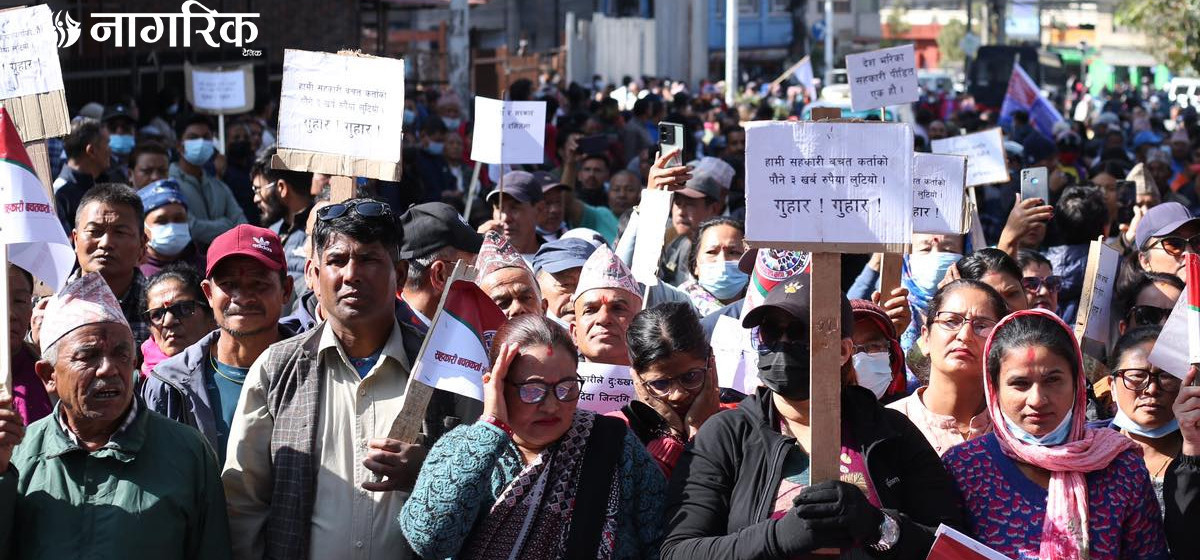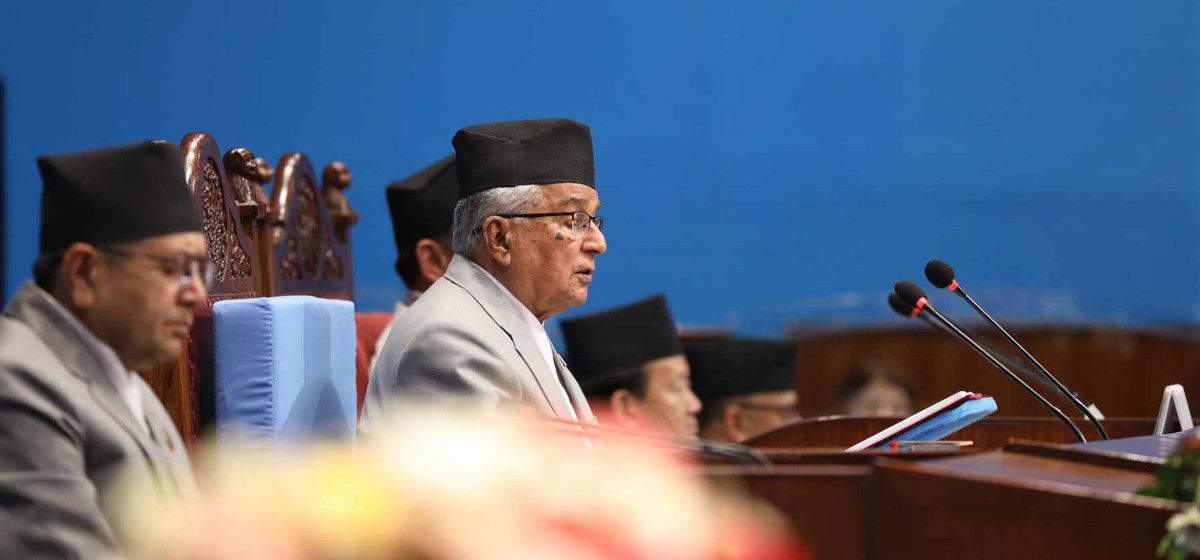In the wake of mounting concerns and grievances from depositors entangled in the web of troubled cooperatives, the government's recent directive to these cooperatives to submit their work plans by mid-April is a welcome step. However, it is imperative that the concerned government bodies expedite their efforts and take decisive actions to address the deep-seated issues plaguing the cooperative sector in Nepal. The Ministry of Land Management, Cooperatives, and Poverty Alleviation (MoLMCPA) must be lauded for acknowledging the severity of the situation and urging the troubled cooperatives to devise concrete plans for repaying the hard-earned money of their member depositors. This move reflects a commitment to rectifying a long-standing problem that has cast a shadow over the credibility of cooperatives.
Nearly Rs 4 billion returned to depositors of troubled cooperat...

Nevertheless, the pace at which government bodies have been tackling this crisis leaves much to be desired. Depositaries of numerous cooperatives have suffered financial losses due to unscrupulous operators who have embezzled their funds. Despite overwhelming complaints received by the Department of Cooperatives, only a limited number of cooperatives have been officially labeled as problematic by the government. This disconnect between the scale of the issue and the government's response is disconcerting. One glaring example of the magnitude of this crisis is the case of Oriental Cooperative, accused of embezzling over Rs 7 billion from its depositors. For a decade, its members have been tirelessly demanding the return of their funds, yet justice remains elusive. It is imperative that the government expands its scrutiny to identify and address similar cases promptly, ensuring that justice is served and trust in the cooperative sector is restored.
It may be recalled that the government established the Problematic Cooperatives Asset Management Committee in 2015 to recover assets and provide restitution to depositors. Unfortunately, the committee has made limited progress, and its effectiveness is in question. A more robust and proactive approach is needed to instill confidence among the affected depositors. Separately, the government formed the Cooperative Sector Reform Recommendation Task Force in 2022 to address the issues of troubled cooperatives. While the task force submitted its report, which included a moratorium on cooperative registrations and establishment of a separate oversight agency, it is sad to note that these recommendations are yet to be implemented. We call on the government to prioritize the swift enactment of these measures to prevent the recurrence of similar crises. This will not only ensure justice for the affected depositors but also safeguard the overall integrity of the cooperative sector. The government must demonstrate its commitment to protecting the interests of its citizens and upholding the principles of accountability and fairness. The clock is ticking, and the affected depositors deserve prompt and resolute action.





































